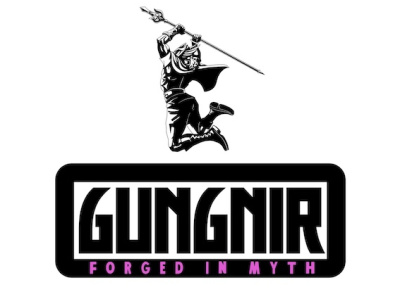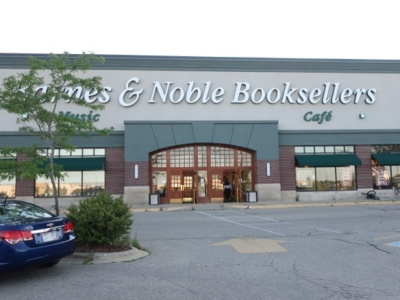Buddy Saunders of Lone Star Comics in
From time to time the bleakness and nihilism of today's comics is remarked upon, but never better than by Gail Burt of Metropolis Comics. Monday morning I read Gail's thoughts with more than the usual interest, having coincidentally expressed similar thoughts the previous day while writing my column for our Lone Star Comics weekly email newsletter. I agree with Ms. Burt that the current overwhelmingly negative nature of comics is a contributing factor in their not attracting a wider audience. But while the problem is evident, the solution will likely remain elusive. Comic book characters have no life of their own. Rather, they reflect the perspective and values of those who write and draw them. These creators, so many of them, seem to take their view from a bleak and desolate window where one smiles only when contemplating the hurting of another human being.
In the small pond we call the comic market, comics sell well to the highly dedicated few, but in the larger world it seems to me that the movie makers often understand and thus own the true spirit of comics far better than we. A part of the problem may just be that comics have become soap operas for boys, and soap operas by their nature encourage a darker direction. It may also be that some comic writers are themselves pretty depressed. Further, stories about anger and alienation are easier to write. Why are there so many zombie comics just now? Not because there is an insatiable demand, but rather because artist and writers who can't break into the superhero genre need somewhere to go.
Here's my own take on this new world where rictuses pass for smiles and men who can move mountains mope about...
The
As Judy and I perused the Fielder Museum WWII exhibit, we saw in those faded black-and-white and sepia photos of young faces from long ago something we don't see nearly enough of today. Back then, faced with uncertainty, tragedy, and the ceaseless horror of war, contemplating even the prospect of death in far places, those young faces still showed easy, confident smiles, the smiles you see on people who, despite everything, remain happily anchored in who they are and what they stand for.
Back then even the super heroes smiled. They knew which side they were on, even the Sub-Mariner.
Interestingly, I see the same smiles on our soldiers who serve today -- that easy, confident look, decent and open, smiling, so very different from how soldiers are often portrayed in today's comics -- dour, bitter, angry, hostile. Sure, you and I know people today still smile, but I'm not sure some comic writers and artists have noticed. They seem to think that 'attitude' and hostility pretty much sum up the range of human emotion.
So here's my advice to the superheroes I have so long admired. Get your smiles back, boys and girls! Sure, life is especially tough these days, thanks to the plots writers throw at you, but no script today is any tougher than the real life script the flesh and blood boys of WWII (and any war since) faced. If guys and gals with no superpowers can endure all that and still believe in themselves and smile, by Shazam's thunder, you can, too!
The opinions expressed in this Talk Back article are solely those of the writer, and do not necessarily reflect the views of the editorial staff of ICv2.com.







